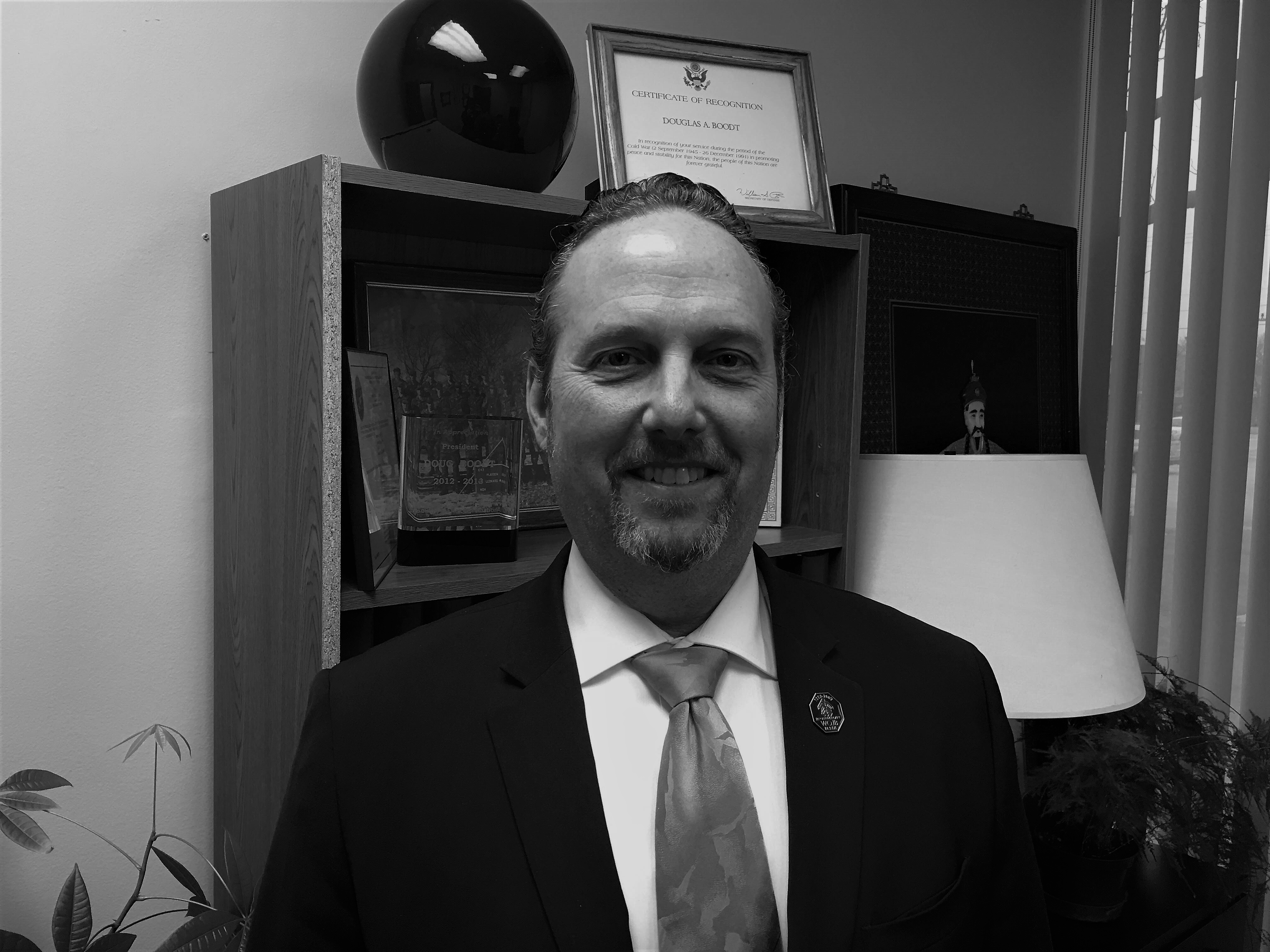A trust is a legal arrangement whereby one person, called a trustee(s), holds legal title to property for another person(s), called a beneficiary. You can be the trustee of your own living trust, thus keeping full control over all the property in the trust. There are many types of trusts, including living trusts, irrevocable trusts and AB trusts.
Living Trust
This is the kind of trust most people think of and by far the most popular choice. A “living trust” is simply a trust you create while you are alive, rather than one that is created at your death. Living trusts can help you avoid probate, estate taxes or set up long-term property management, and as such, are one of the most popular estate-planning tools. The big advantage to a living trust is that property left through the trust usually does not have to go through the probate process, which is a court-supervised process by which your debts are paid off and assets distributed. Probate can be lengthy and costly and most people try to avoid it.
Assets you transfer into a living trust usually don’t need to go through probate. The person you appoint in your living trust to handle your trust after your death (successor trustee) simply transfers the property in the trust to the beneficiaries you named in your trust.
Holding property in a living trust requires some crucial documentation. For example, if you want to place your house in your living trust, a new deed must be created and signed, showing that you now own your house as trustee of your living trust.
Even if you have a living trust, you still need a will, often called a “pour over will” and here’s why: A will is an essential backup device for property that you don’t transfer to your trust. For example, you may not have thought of every piece of property you want to leave to others when you transferred property to your trust. A will can include a clause that names someone to get all of the property that you haven’t left to a specific beneficiary.
Pour Over Will
A pour over will is a particular type of will used in conjunction with a trust. This kind of will “pours” over any property the deceased still owned at the time of his or her death into the Trust that the person set up during his or her life.
Some people intentionally choose not to put all their property into a Trust during their lifetime. Others merely forget to include everything in their Trust. If property is left out of the Trust, at the time of death it passes according to the probate laws. It will not pass to the Trust as the deceased may have intended. To avoid this situation, a pour over will should be created. It covers any property intentionally or accidentally left out of the Trust. By the terms of the pour over will, all the property the deceased owned at the time of his or her death is “caught” and “pours over” into the existing Trust. The property caught by the pour over will usually must be probated but will eventually be distributed according to the terms of the Trust.
A pour over will is highly recommended to be used in conjunction with a trust.
Irrevocable Trust
An irrevocable trust is a more stringent way to control where your assets go when you die. You can still stipulate exactly how you want your money managed and name a trustee to execute your instructions. However, once the trust is commenced, no one, including you, can make changes to its terms and conditions.
Tax-Saving Ab Trust
An AB Trust is a good way to avoid both probate and also save on federal estate taxes, if that is a consideration. Instead of leaving property outright to the surviving spouse, each spouse creates their own trust and leaves all or most of his or her property to an irrevocable trust (a trust that cannot be changed) that can be used for the benefit of the surviving spouse. The surviving spouse does not own the property outright and therefore, the property isn’t subject to estate tax when the surviving spouse dies.
The surviving spouse has limited powers over the assets. At the most, the surviving spouse can receive all interest or other income from the property, use the property (live in the house) and spend the trust property for health care, education, support and maintenance in his or her accustomed manner of living. After the death of the surviving spouse, the irrevocable trust property is distributed to the final beneficiaries chosen by the deceased souse in the original trust documents.
Please contact Douglas Boodt at douglas@boodtlaw.com (preferred method) or call 269.929.7206 if you would like to schedule an appointment to begin planning your estate.
